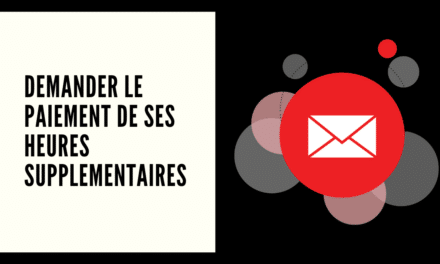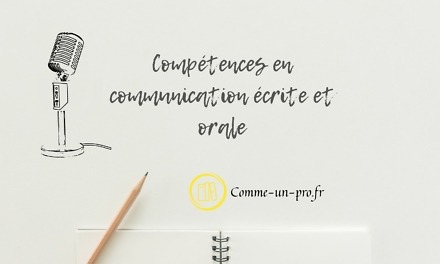Forms of courtesy: Don't get tangled up!
Writing a letter, a note or a professional email requires compliance with certain codes of practice. Forms of politeness are an essential element. Even if it is a professional email, they deserve to be valued. Ignoring or ignoring these codes can be detrimental to your professional relationship.
Accept greetings or the expression of greetings: What does the code of practice say?
It is not uncommon to find at the end of a letter or a professional e-mail, the polite formula: "Please accept the expression of my best regards". Although widespread, it is a faulty formulation and which could unfortunately rub off on the perception of the professionalism or the competence of the sender of the email.
The verb to approve responds to particular rules for which the panache of words relating to polite formulas is not always correct. To agree, has in fact for Latin origin “Gratum” which means “Pleasant or welcome”. Generally, this verb admits complements relating to expression or insurance.
Consequently, the polite phrase "Please accept the expression of my respects", "Please accept the expression of my respects" or even "Please accept the assurance of my consideration" is entirely correct.
On the other hand, this one is wrong: "Please accept the expression of my best regards". The reason is obvious. We can only transmit the expression of a feeling or an attitude such as respect or homage. Ultimately, we can simply say: "Accept my greetings".
The polite phrase at the end of the email "Please accept the expression of my respects" therefore constitutes nonsense.
Expressing greetings or feelings: What do customs say?
We often come across polite expressions such as: "Receive, Mr. President, the expression of my devoted feelings" or "Please accept, Sir, the expression of my distinguished feelings".
These polite expressions are absolutely correct. Indeed, in accordance with the uses recognized by the French language, one expresses feelings and not greetings.
These two nuances having been made, nothing prevents opting instead for shorter polite formulas. This is also what befits professional emails, the usefulness of which is appreciated for their speed.
Depending on the recipient, you can therefore choose a polite formula such as: "My best regards", "My best regards", "My best regards", "Sincerely", "Best regards", etc.
Anyway, be aware that a professional email cannot accommodate spelling or grammar mistakes. This may tarnish your image or that of your business.
In addition, the abbreviations of like "Cdt" for cordially or "BAV" for good to you, are not recommended, even in a context where you share the same degree in the hierarchy with your correspondent.





